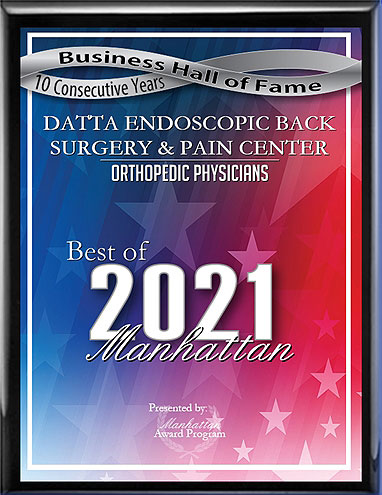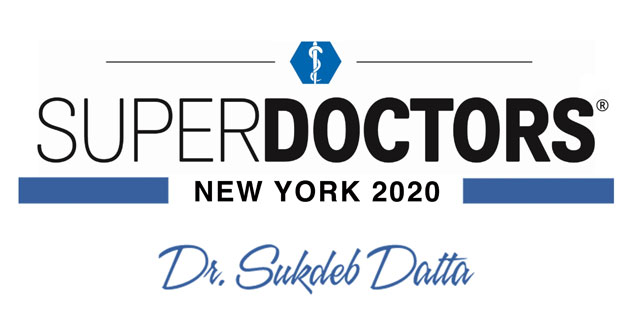Patients about to undergo back surgery are often concerned that they may become paralyzed as a result of the procedure. While this anxiety is understandable, it is also largely unfounded: paralysis as a result of back surgery is extremely rare, especially so in the case of the most common surgeries. To understand why this is the case, it's important to have some knowledge about where, why, and how back surgery is performed.
Basics of Back Surgery
The spine is composed of four major parts:
- the bony vertebrae protect the spinal cord and provide structure to the back
- the spinal cord contains many nerves fibers and some nerve cells
- the meninges nourish and cushion the spinal cord; this is where medications, such as epidural, are injected
- the intervertebral discs are shock absorbers; because they receive few nutrients, tears and hernias in the discs may not heal on their own, and instead require surgical treatment
Most back surgery is performed on the vertebrae and discs, rather than on the more delicate spinal cord. The most common surgeries are spinal fusion, decompression, and herniated disc surgery; it is very unusual for the actual spinal cord to be operated on.
Risk Factors
All surgery carries with it some risk of complications, such as infection or pain; your doctor will go over the risks, and risk management, in your particular case. In general, the risk of complication after routine spinal surgery is negligible. However, there are some factors which indicate an especially low risk of complication after back surgery:
- Age: Persons under 70 have a much lower risk for all complications
- Extent of surgery: Surgeries which fuse multiple vertebrae, or remove many bone spurs, are riskier than those which treat a single spot.
- Type of surgery: Routine surgeries are much less risky than rarer, more delicate surgeries such as the removal of spinal cord tumors. In addition, less invasive procedures, such as laser spinal surgery, carry less risk.
- Location of surgery: Surgery on the lowest (lumbar) part of the spine carries a lower risk level than surgery on the highest (cervical) region. This is because the spinal cord ends before the lumbar region.
- Good after-surgery care: The most important thing you can do to reduce your risk of complication is to be proactive about your own recovery by following all of your doctor's post-op instructions, such as bed-rest, medications, and physical therapy.
While complications after back surgery do occur in rare cases, a large majority of patients find that their quality of life has improved following their procedure.
Paralysis
Paralysis is among the rarest of all possible complications from surgery. Because the structures of the spine are close together and intricate, back surgery cannot be said to have a zero risk of paralysis, just as no activity, from driving a car to flying in a plane, is without risk. However, your surgeon, and the team of professionals who attend the surgery, is well-trained to manage all of your risk factors, and to navigate the delicate structures which make up the spine. Thanks to this, almost no patients experience paralysis.
No surgery is recommended without a careful analysis of the risks and benefits associated; if your doctor has recommended spinal surgery, it is because the benefits clearly outweigh the potential risks. Among these risks, the possibility of paralysis is low enough to be negligible.






 EDISCSCULPT
EDISCSCULPT



